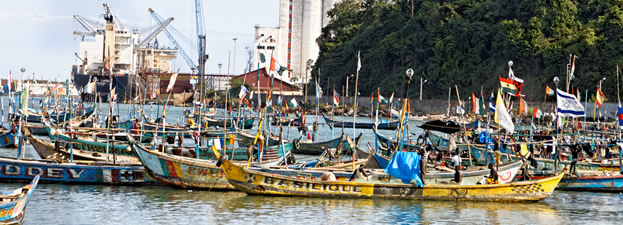
Efforts to bring the national budget closer to the public have been stepped up in Ivory Coast, as the Country Capacity Building Program (CCBP) organized information and discussion sessions in San Pedro and Grand-Béréby on August 25 and 26, 2025.
The sessions aimed to explain the national budgetary process and promote the citizen budget, a simplified tool designed to help residents understand how public funds are allocated and spent.
The initiative also seeks to strengthen transparency in public finance management and encourage citizen participation in shaping and monitoring government policies.
Frédéric Abbé, PPRC’s sector coordinator for the private sector and civil society, outlined the stages involved in developing and adopting the national budget, highlighting the simplified version intended for general audiences. “The citizens’ budget is designed to make the state’s major directions and priorities accessible to the public, in clear and illustrated language,” he said.
Abbé urged residents to engage with these mechanisms to contribute effectively to budget preparation, execution, and oversight of public policies. The sessions provided an opportunity for citizens to ask questions, share concerns, and better understand how government decisions affect their communities.
The campaign is organized in partnership with the Budget Policies and Syntheses Department of the Ministry of Finance and Budget and is financially supported by the Project for the Improvement of Governance for the Delivery of Basic Services to Citizens.
Following previous awareness activities in Soubré and Liliyo in the Nawa region, the PPRC team continues its tour in the San Pedro region and plans to extend the initiative to additional localities across the country.
Between 2019 and 2024, the PPRC produced multiple citizen budgets in accordance with International Budget Partnership (IBP) standards, using various formats including printed documents, digital media, and animated films in French. Awareness campaigns have reached 46 localities across the 14 autonomous districts of Côte d’Ivoire, reinforcing the government’s commitment to transparency and citizen engagement in public finance.



